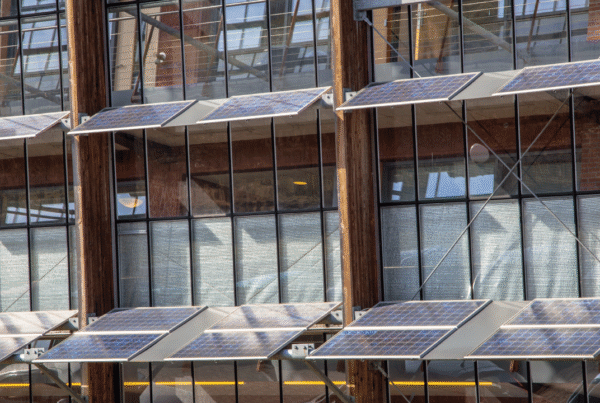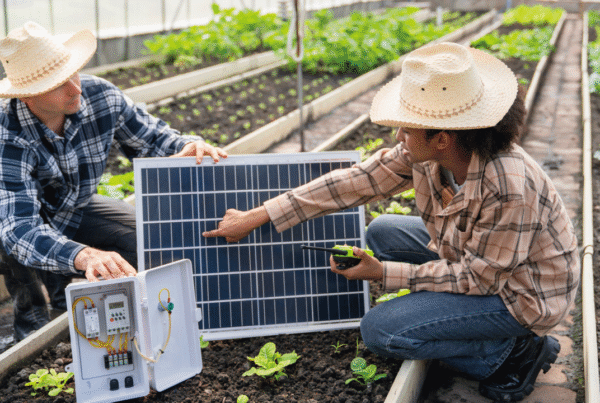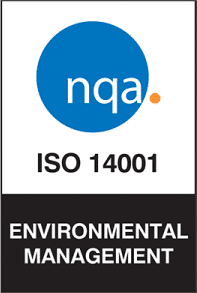
The circular economy aims to minimise the extraction of natural resources and the generation of waste, maximising the value of products and materials throughout their life cycle.
In Spain, the circular economy has become increasingly important. Due to the need to move towards a more sustainable economic model, it has adopted various initiatives and policies to promote the circular economy in different sect
In Spanish industry, the issue of the circular economy has gained momentum, with initiatives being implemented to promote eco-innovation, eco-design and process optimisation in various sectors.
Due to the importance of this model, the European Commission presented in March 2020 the action plan for the Circular Economy which aims at implementing more sustainable products, reducing waste and empowering citizens (e.g. right to repair).
What are some of the most salient benefits of the circular economy?
- Reduce dependence on natural resources by promoting reuse, recycling and regeneration of materials.
- It encourages the optimisation of resources, avoiding waste and promoting their efficient use.
- It stimulates innovation in product design, technology and business models.
- It generates employment in sectors such as waste management, recycling, repair and sustainable design.
- The circular economy also contributes to the reduction of production costs by using existing resources instead of acquiring new materials.
In short, the circular economy provides many benefits. By applying this approach, we can achieve more environmentally sustainable solutions.







